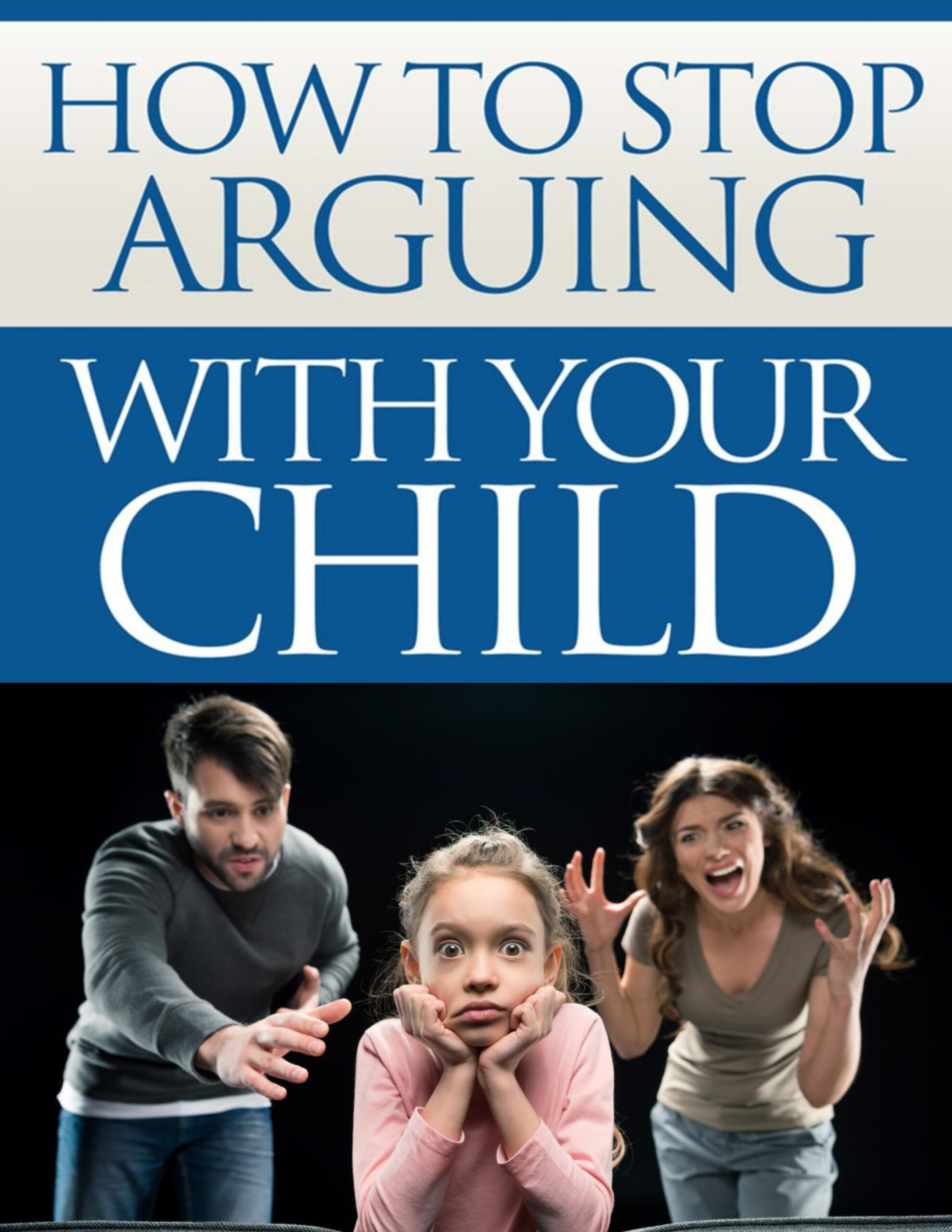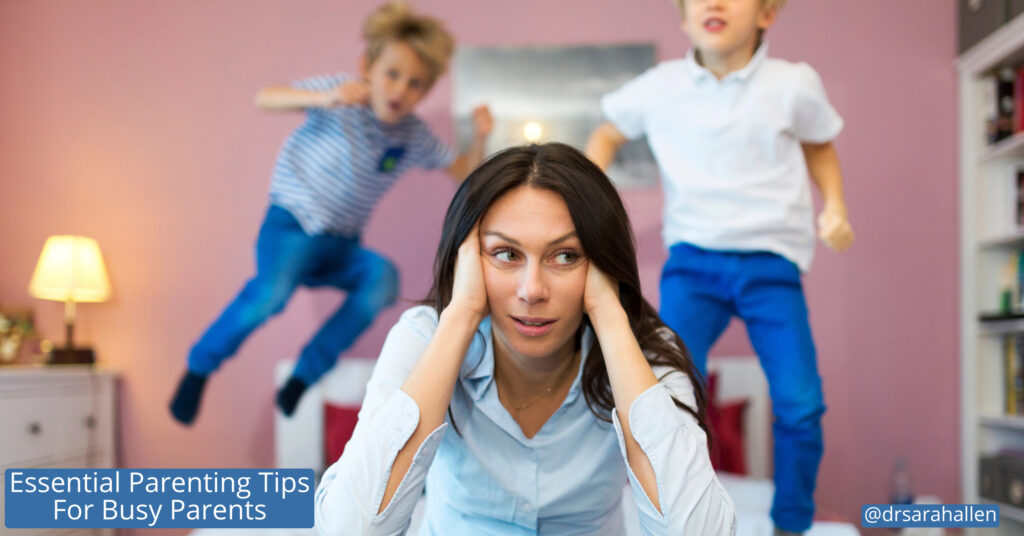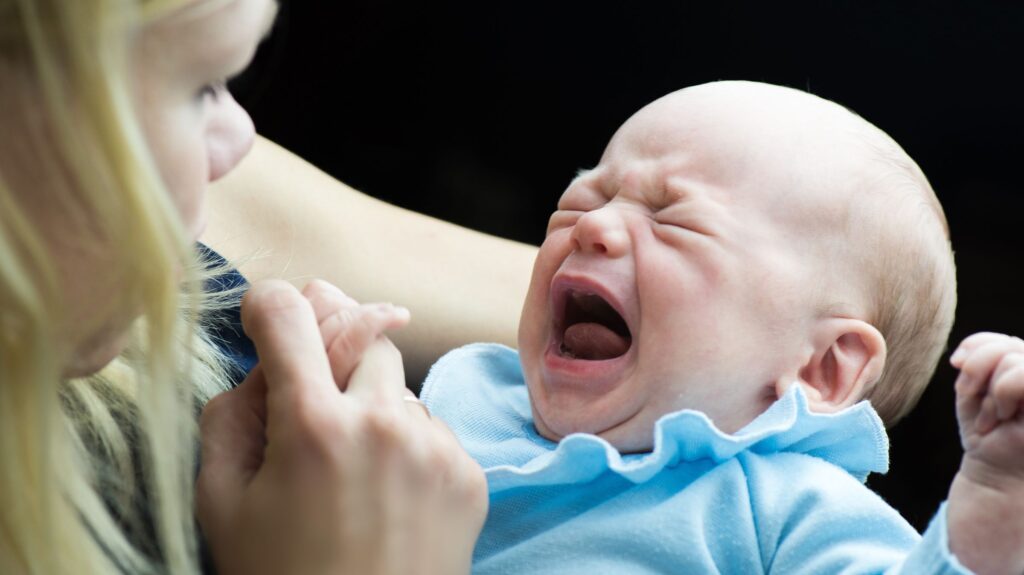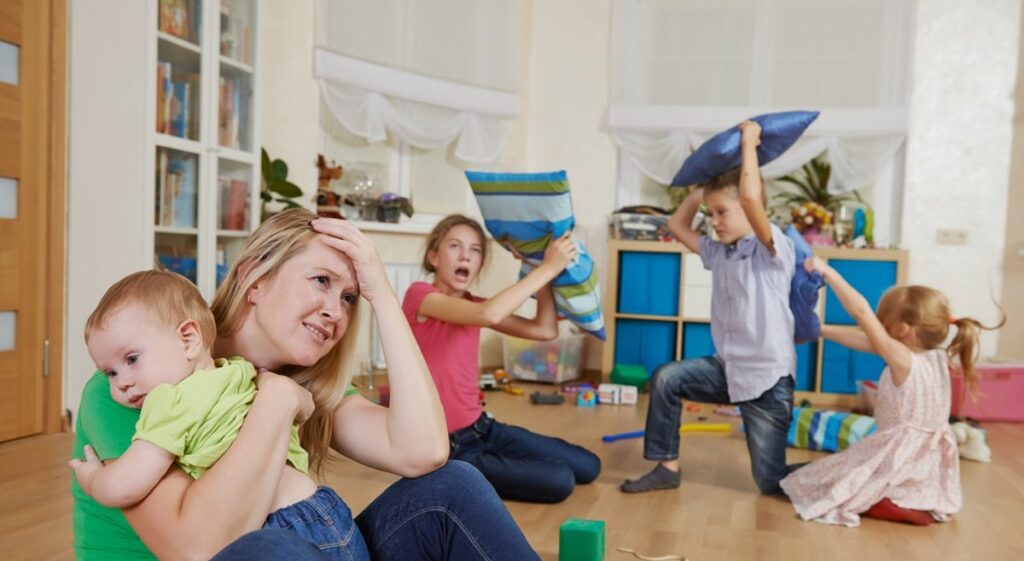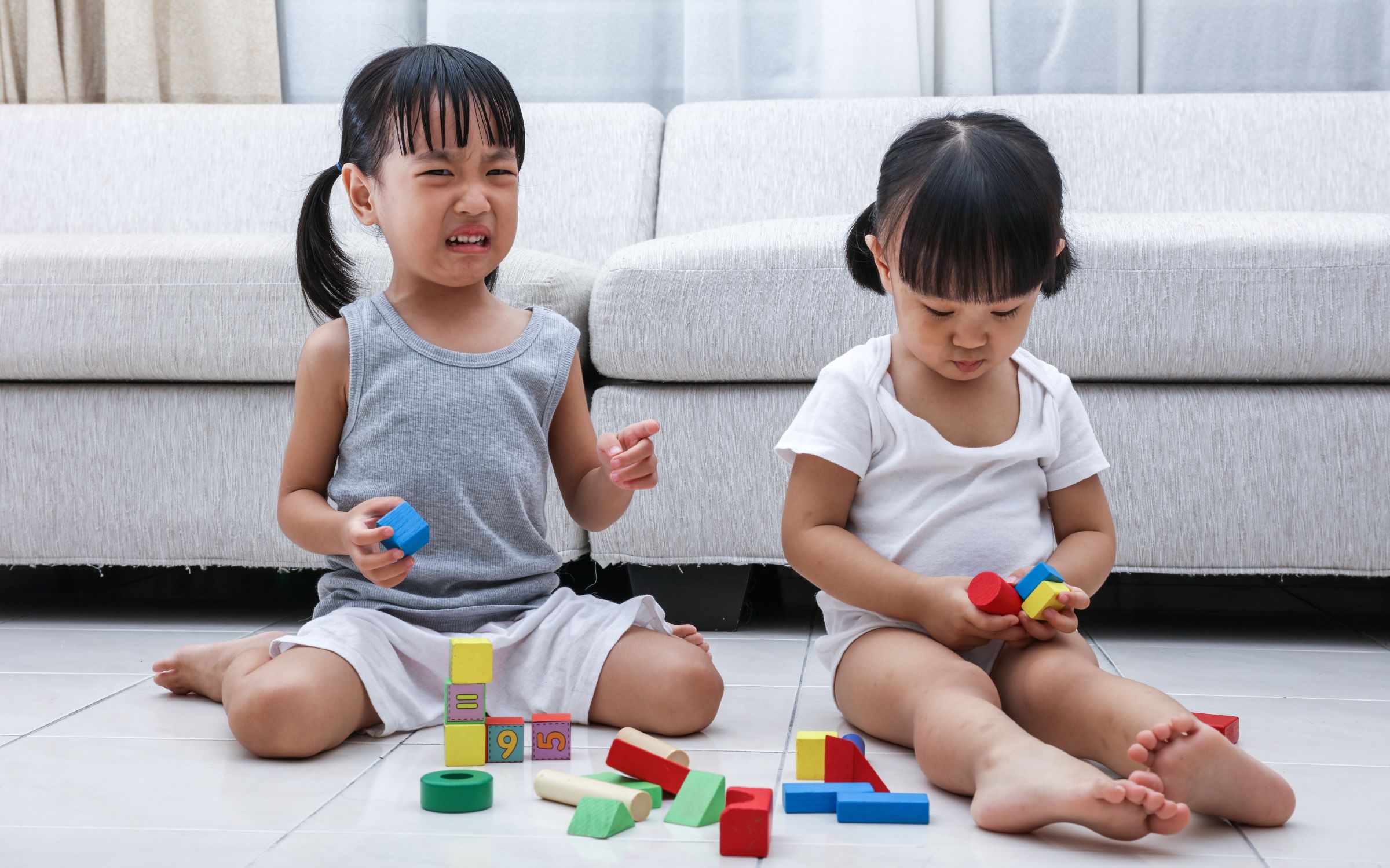
A common concern that parents of toddlers often have is when their child will start playing nicely with other children. Currently, you may be your child’s preferred playmate, but when you meet up with other moms at the park or playgroup, your kids may either ignore each other or engage in undesirable behavior such as shoving or stealing toys. Rest assured, this is typical toddler behavior. However, there are ways you can help your child learn to be sociable, especially as they approach the age of three and prepare to start preschool.
1. One way to encourage sharing is to involve your child during playtime with you. Ask them to give you a turn with their toy, play with it for a few seconds, and then hand it back, expressing gratitude by saying, “Thank you, now it’s your turn.” Gradually increase the duration of your playtime with the toy before returning it. Over time, your child will begin to understand the concept of sharing. Initially, they may just play alongside other children when you gather with other families, which is known as parallel play. However, as they approach three years old, they will likely start enjoying group play more and may even be willing to share toys or take turns occasionally. Your smile and praise can serve as guidance to reinforce that they are doing the right thing.
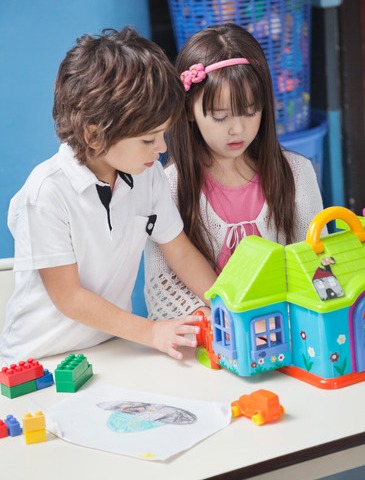
2. If a child tends to be the one who shoves or throws sand, provide them with plenty of opportunities to interact with other kids. Even if your child is not at the same stage of sharing as their friends, it’s important to talk to the other moms and explain that you are working on it, rather than feeling embarrassed and avoiding playdates. It’s inevitable that spending time together, combined with a toddler’s limited social skills and impulse control, will sometimes lead to disagreements, hitting, or pushing. While these behaviors are exactly what you’re trying to avoid, learning to share and refrain from pushing requires practice.
3. To minimize conflicts, ensure there are enough toys for everyone to enjoy. Avoid making your child share their most special toys. When hosting playdates, put those toys away, and when visiting someone else, leave them at home. Show young children how to play games that encourage teamwork instead of leaving them to play alone for the entire duration of the playdate. Games such as rolling a ball to each other or drawing together on a large sheet of paper can work well. You can find many books at your local library that provide ideas for similar activities.
Despite all the preparation, disagreements will inevitably occur. Stay close to quickly intervene, and the best way to resolve conflicts swiftly is through distraction. Separate the children involved and redirect their attention to a new toy, show them something more interesting, or suggest it’s time for a snack.
Rest assured, there will come a day when you can sit back, chat with your friends, and watch your children play nicely… at least for a while!

Parenting is tough and I am here to help you to be the parent you want to be. If you have any questions, or would like to set up an appointment to work with me, please contact me at 847 791-7722 or on the form below.
If you would like to read more about me and my areas of specialty, please visit Dr. Sarah Allen Bio. Dr. Allen’s professional license only allows her to work with clients who live in IL & FL & the UK and unfortunately does not allow her to give personalized advice via email to people who are not her clients.
Dr. Allen sees clients in person in her Northbrook, IL office or remotely via video or phone.

What Can I Read That Helps Me While I Am Waiting For My First Appointment With Sarah?
One issue that I find comes up again and again is how to handle discipline and arguments within the family. So I put together a booklet with some strategies I am always saying to my clients to help them begin to improve their relationship with their child and reduce the amount of shouting, arguing and tantrums that can occur. I hope that you will find it helpful too.
